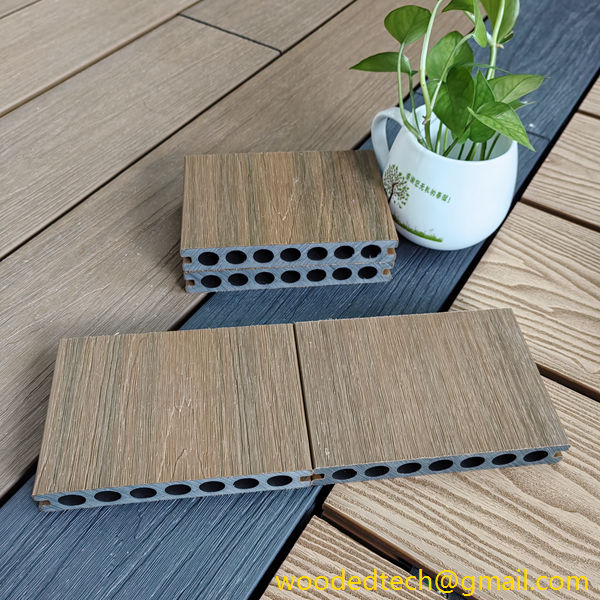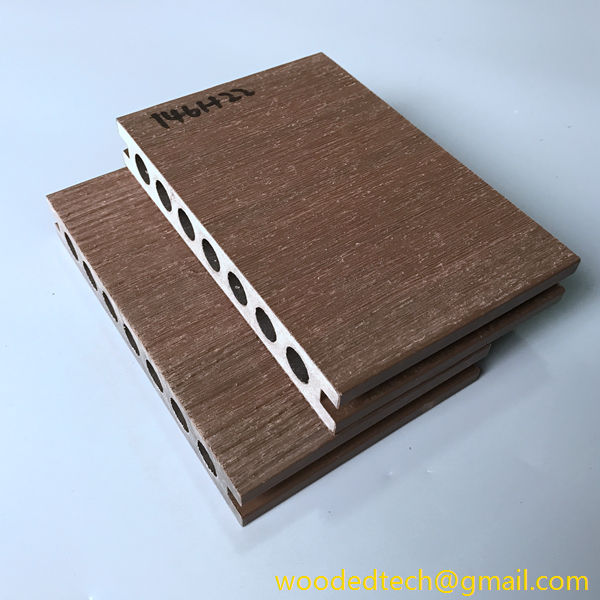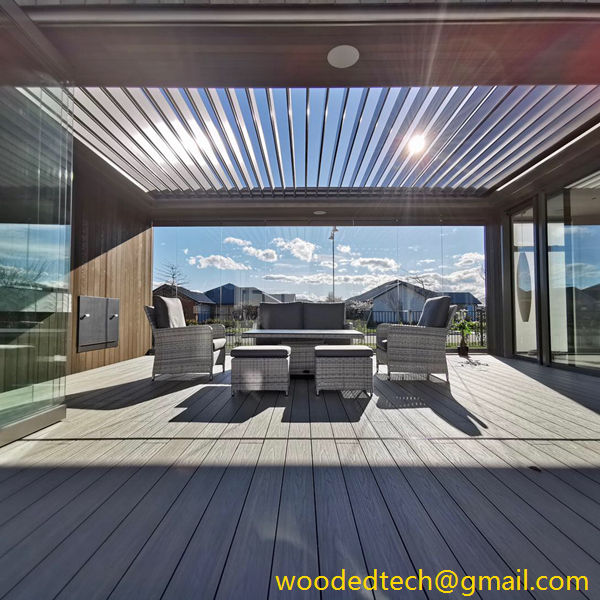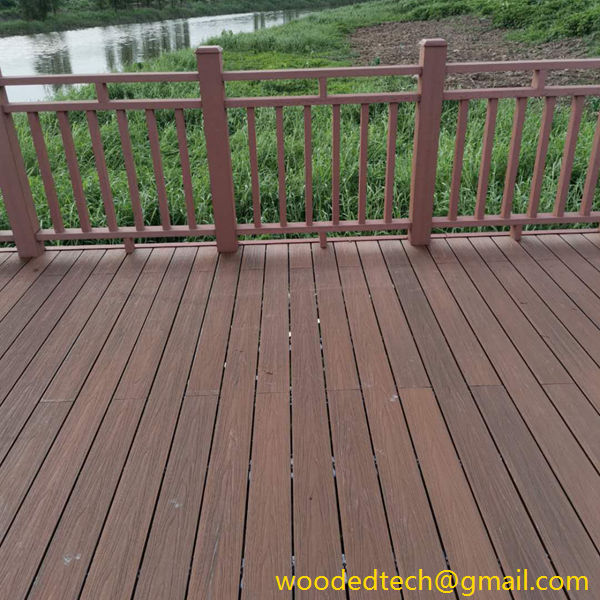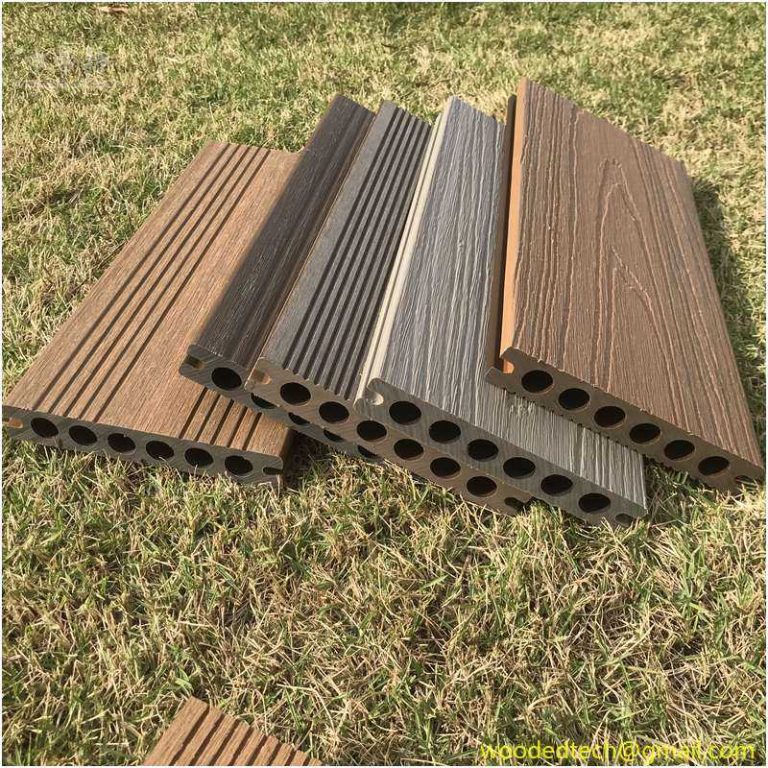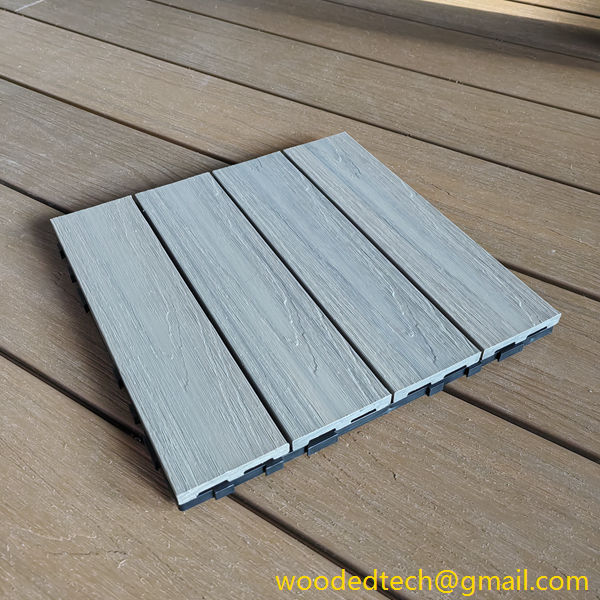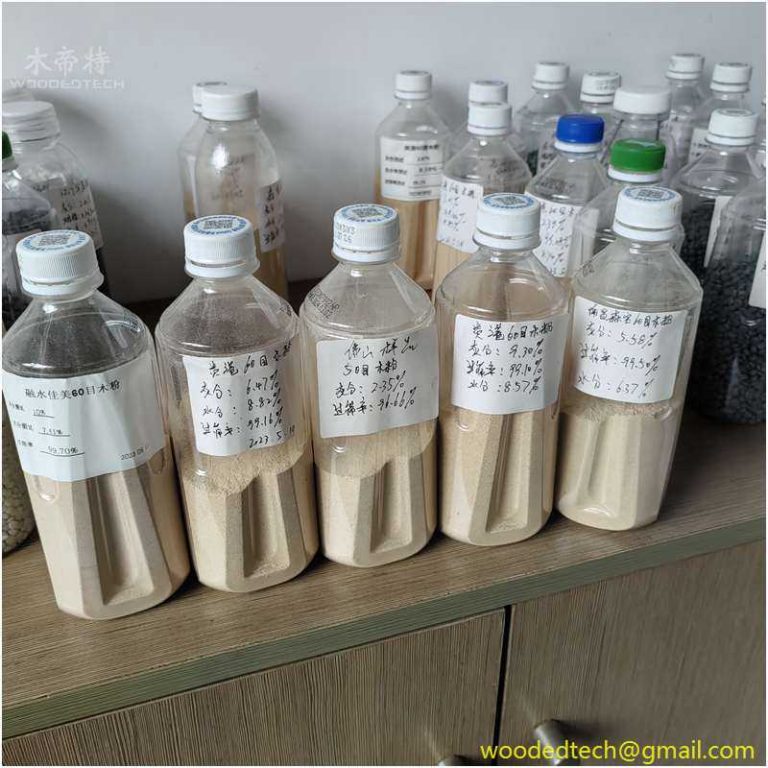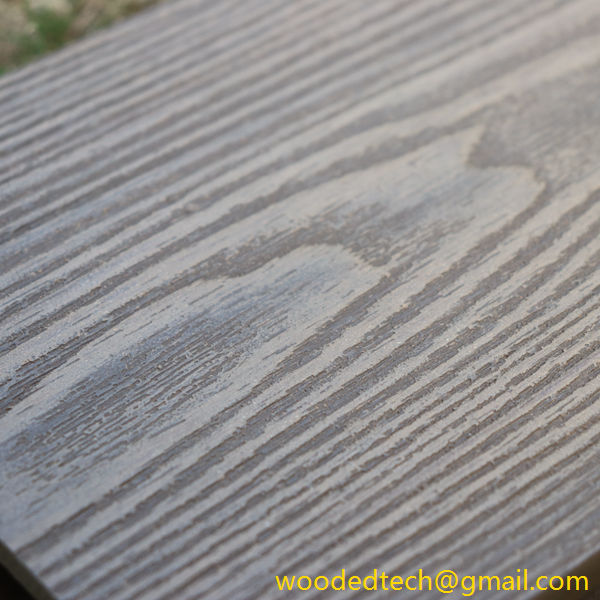Evaluating Is Composite Decking Any Good for Your Home?
Evaluating Is Composite Decking Any Good for Your Home? Composite decking has gained popularity in recent years as an alternative to traditional wood decking. As homeowners seek durable, low-maintenance, and environmentally friendly options, the question arises: is composite decking any good for your home? To answer this, we need to evaluate its material production technology,…
Evaluating Is Composite Decking Any Good for Your Home?
Composite decking has gained popularity in recent years as an alternative to traditional wood decking. As homeowners seek durable, low-maintenance, and environmentally friendly options, the question arises: is composite decking any good for your home? To answer this, we need to evaluate its material production technology, benefits, drawbacks, and overall performance in residential applications.
Composite decking is primarily manufactured from a blend of wood fibers and recycled plastic. This combination results in a product that offers the aesthetic appeal of wood while providing enhanced durability and resistance to the elements. The production technology behind composite decking has evolved significantly over the years, leading to improvements in its performance characteristics and overall quality.
One of the main advantages of composite decking is its low maintenance requirements. Unlike traditional wood decking, which requires regular staining, sealing, and treatment to prevent rot, splintering, and insect damage, composite decking is designed to withstand these issues with minimal upkeep. Homeowners can enjoy their outdoor spaces without the constant need for maintenance, making composite decking an appealing choice for busy individuals or families.
In addition to its low maintenance, composite decking is resistant to fading, staining, and scratching. Many manufacturers incorporate advanced UV inhibitors and color stabilization technology into the production process, ensuring that the decking maintains its appearance over time. This resistance to fading and staining is particularly beneficial in regions with intense sunlight or heavy rainfall, where traditional wood can quickly deteriorate.
Another significant benefit of composite decking is its sustainability. The use of recycled materials in its production process not only helps reduce waste but also minimizes the demand for virgin timber. This is an essential consideration for environmentally conscious consumers who want to make responsible choices regarding their home improvement projects. Many composite decking products are certified by organizations such as the Forest Stewardship Council, which verifies that they meet strict environmental standards.
However, while composite decking offers numerous advantages, it is essential to consider its drawbacks. One of the most significant concerns is the initial cost. Composite decking tends to be more expensive than traditional wood options. Although the long-term savings on maintenance and replacement costs may offset this initial investment, it can be a barrier for some homeowners.
Moreover, the performance of composite decking can vary significantly between different brands and products. Not all composite decking is created equal, and some lower-quality options may be prone to issues such as warping, splitting, or discoloration. When evaluating composite decking for your home, it is crucial to research and choose a reputable manufacturer known for producing high-quality products.
Another consideration is the heat retention of composite materials. In direct sunlight, composite decking can become significantly hotter than wood, making it uncomfortable to walk on barefoot during hot summer days. This can be a concern for families with young children or pets who spend time outdoors. Some manufacturers have addressed this issue by developing products with cooling technologies, but it is essential to check specific product specifications before making a decision.
Ventilation is also a critical aspect to consider when installing composite decking. Proper airflow beneath the deck is necessary to prevent moisture buildup, which can lead to mold and mildew growth. This is particularly important in regions with high humidity or heavy rainfall. Homeowners must ensure that their deck is installed according to the manufacturer’s guidelines to promote adequate ventilation and prolong the life of the decking material.
In terms of design versatility, composite decking offers a wide range of colors, textures, and styles, allowing homeowners to customize their outdoor spaces to fit their aesthetic preferences. Many products mimic the look of natural wood grains, providing the desired appearance without the drawbacks associated with traditional timber. This versatility makes composite decking an attractive option for various architectural styles and landscaping designs.
When considering whether composite decking is suitable for your home, it is vital to evaluate your specific needs and lifestyle. If you prioritize low maintenance, durability, and environmental sustainability, composite decking may be an excellent choice. On the other hand, if budget constraints are a significant factor or if you prefer the authentic feel of natural wood, traditional decking materials might be more suitable.
In conclusion, composite decking can be a good option for your home, provided that you carefully consider the advantages and disadvantages. The advancements in material production technology have led to a product that offers durability, low maintenance, and sustainability. However, homeowners should remain aware of potential issues such as heat retention, initial costs, and variability in product quality. By conducting thorough research and selecting a reputable manufacturer, you can make an informed decision about whether composite decking is the right choice for your outdoor living space.

